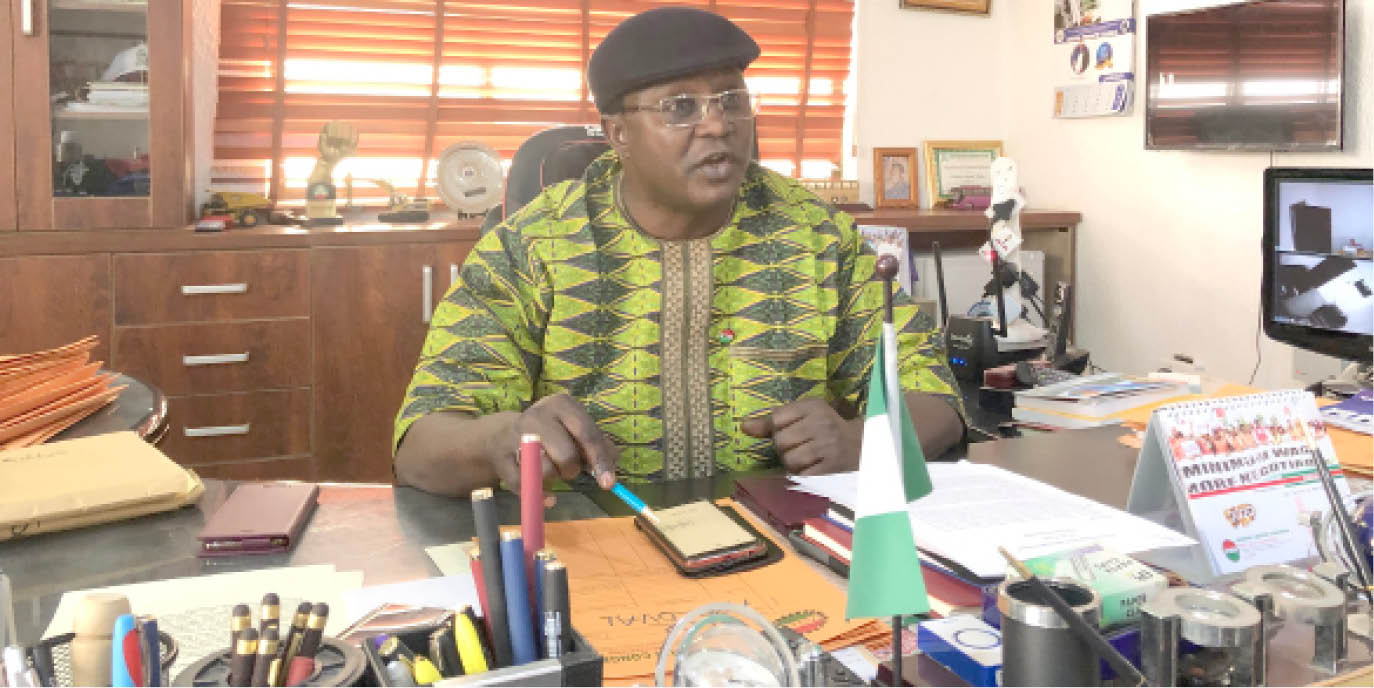The Nigeria Labour Congress (NLC) has urged political leaders at every level to respect the wishes of the Nigerian people and allow the full exercise of the financial autonomy granted to states judiciary and legislature.
The financial autonomy, as contained in Executive Order 10 signed by President Muhammadu Buhari, makes it mandatory for state governments to include the allocation of the judiciary and legislative arms of government as first line charges in their annual budgets.
- Financial autonomy for state legislatures and judiciaries
- Disquiet as state legislature, judiciary set for financial autonomy
But there are indications that state governors are not okay with the new arrangement.
Speaking on this development, the NLC President, Ayuba Wabba, in a statement made available to journalists on Tuesday, noted that it is a collective duty of the political leaders at all levels to uphold, promote and sustain the virility of the public institutions, especially the legislative and judiciary arms of government.
“The history of arm-twisting and abuse of the judiciary and legislative arms of government at the sub-national level in Nigeria is a long one.
“It had only gotten worse in recent years,” Wabba said.
He noted that: “The legendary distortion of due process, checks and balances, and public accountability which are the core ingredients in the principle of separation of powers got to a head when legislators in some of the State Houses of Assembly rejected constitutional proposals to grant them financial autonomy during the constitutional review process led by the 7th National Assembly.”
The asphyxiation of the legislative and judiciary arms of government at the state level and the increasing concentration of powers in the hands of the executive arm of government should be of great concern to every Nigerian”, he added.
He further emphasized that strong legislative and judiciary institutions of government are the pillars of democracy and good governance.
“A resilient judiciary and a conscientious legislature are therefore sine qua non to the deepening of the democratic process, promotion of public accountability and ensuring popular participation.
“The truth is that if our political leaders were alive to this duty, there would not have been any need for the Presidential Implementation Committee set up on March 22, 2019.
“This was almost one year after Section 121(3) had been assented into law and at least the exercise of one budget cycle.”

 Join Daily Trust WhatsApp Community For Quick Access To News and Happenings Around You.
Join Daily Trust WhatsApp Community For Quick Access To News and Happenings Around You.


